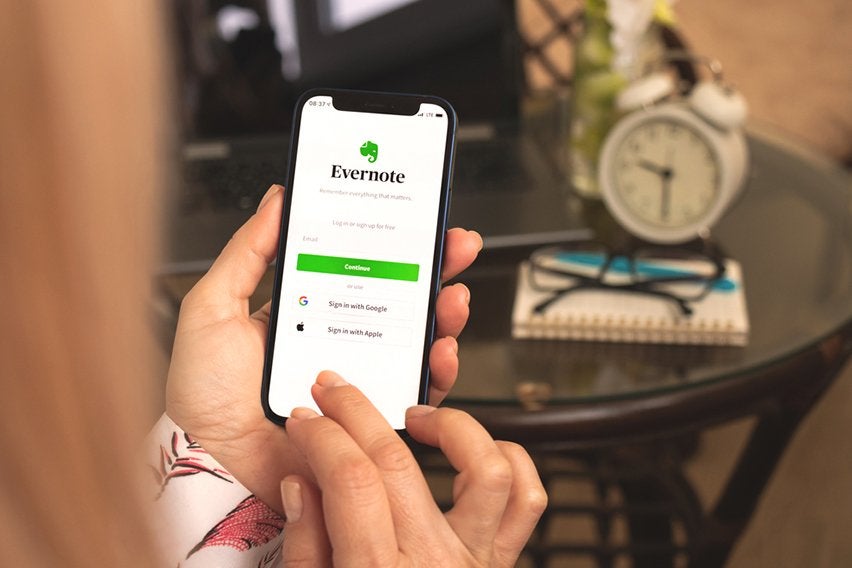Flexibility in the Workplace: Importance and Tips

During the Coronavirus Pandemic, the way people worked had to change.
There was a large rise in remote working and working from home. Whilst some businesses struggled to keep up with a remote workforce, others saw a wide range of opportunities and benefits.
Flexible working had positive impacts on both businesses and their employees. In fact, around 73% of employees in the United States want flexible work options to remain after COVID.
But what is flexibility in the workplace? We’ll go through its importance and some tips on keeping work flexible.
Here’s What We’ll Cover:
What Makes a Flexible Workplace?
What Is Flexible Working?
Flexibility can be defined as the ability to bend without breaking.
With this in mind, flexible working is fostering an environment in the workplace that promotes a life balance. It allows employees the opportunity to do their job in a way that suits their lifestyle and responsibilities. For it to be truly flexible, it needs to do this whilst not being detrimental to the business.
It’s essentially an aim to move away from the traditional nine-to-five work schedule.
A flexible workplace places emphasis on realizing that people have commitments other than work. The focus goes into making sure the work is done well, not how it gets done.

What Makes a Flexible Workplace?
There are many ways to make a workplace flexible. Some ways will work better for some businesses than others.
Making your workplace flexible will depend on everything from your industry to the size of your business. What’s important is to make sure that your options suit as many of your staff as possible as well as yourself.
Here are some tips towards making a workplace flexible:
1. Flexible Working Hours
Offering flexible hours within flexible work schedules is one of the more popular methods.
It’s perfect for employees who have responsibilities outside of the workplace. For example, people who have children and need to drop them off for school.
One way to accommodate flexible working hours is by focusing on deadlines rather than working hours. If an employee can complete their work in a timely manner and to the proper standard, they can shift their working hours to accommodate their life.
This is a great way to make your workplace more flexible. It also promotes an atmosphere that rewards productivity and prioritizes results over methods.
2. Remote Working
The pandemic has shown that remote workers are a viable option for many employers. As long as you can effectively complete your job duties whilst in another location, there shouldn’t be an issue.
There are great benefits to allowing remote working. Your employees save time and money on their daily commute, they will have a sense of freedom, and you can cut back on expensive office space.
Many businesses offer a remote package. This is where they allow employees to work from home two or three days a week, whilst also touching base in the office now and again.

3. Flexible Work Weeks
Similar to flexible work hours, flexible working weeks go along the route of prioritizing results over methods.
Flexible work weeks allow an employee to compress their working hours into fewer working days. They also allow employees to work a longer week but with fewer working hours per day.
So for example, an employee could work longer hours Monday through to Thursday and take Friday off. Just as they could work shorter hours Monday through to Friday and catch up with work on Saturday.
In both scenarios, the number of hours worked stays the same, but the working week changes.
Key Takeaways
Studies have shown that 63% of employees believe that the standard eight-hour day is becoming a thing of the past.
Recruiting companies have also noted that this generation of workers is more likely to apply to jobs with a flexible life balance.
So by offering a flexible workplace, you are opening your business up to a wider pool of talent. You are also offering your employees a less stressful working environment. This improves job satisfaction and promotes a healthy workplace culture.
Are you looking for more business advice on everything from starting a new business to new business practices?
Then check out the FreshBooks resource hub.
RELATED ARTICLES
 3 Best Multichannel Inventory Management Software & Tools
3 Best Multichannel Inventory Management Software & Tools 8 Tips on How to Organize Work Email For Better Management
8 Tips on How to Organize Work Email For Better Management What Is an eCommerce Warehouse? 5 Best Practices
What Is an eCommerce Warehouse? 5 Best Practices Step-by-Step Guide on How to Create Timesheets in Excel
Step-by-Step Guide on How to Create Timesheets in Excel 9 Best Productivity Tools to Help You Achieve More
9 Best Productivity Tools to Help You Achieve More